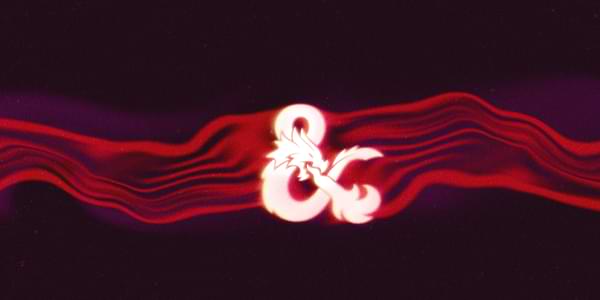Au contraire, mon Capitan - it's very helpful; in that defaulting the in-game science to be the same as real-world science where possible makes it hella easier for everyone to intuitively grasp without having to think twice about it.
If questions of non-magical physics and other sciences can usually go like this, all is good:
Player: "How does [gravity, biology, erosion, rainfall, or other common thing] work in the game?"
DM: "Just like in the real world."
Player: "OK, got it."
Exceptions, where mundane things do NOT work as per the real world e.g. gunpowder doesn't work as advertised, can then be clearly noted and spelled out.
This is outside of the core topic of this thread but this is worth repeating. Having everything not explicitely working as in real life flagged as such is necessary for players not to have to wonder constantly how the fundamental workings of the world affects them. Even if it is all God-created, it happens to be, by default, like the world we know. Having to constantly decide if food rots, if cadaver decompose at the same rate, whether being in a arid environment affects that, and so on is a pain in the neck. Sure, nobody wrote in 5e that human children aren't brought to the parent by a stork, but when I see a human children in the game, as a player, I should be able to assume, that he has parents, and biologically, a father and mother, and if he is 8 years old, I can assume he is not the father of the other small human beside him that he calls "sis", irrespective of stork-action. It's not difficult to fix in the case of reproduction, by saying that there are no genes in D&D universes, that babies are produced out of the love of two (or, after all, one or more beings) really wanting to have one and
poof, but if it is the case, it needs mentionning. Investigative scenarios often works better if everyone is on the same page with regards to things like that.
We recently had this discussion when a mechanical familiar with fly speed was sent to get an overview of the region (we were teleported to an unknown place and wanted to get our bearing). We made a detailed plan to provide cold protection and air to the observer (a small character in a bag of holding) while he was going to 12,000 meters to get a glimpse of the surrounding and identify notable landscape. The plan was based on (a) air becoming rare (b) temperature dropping with altitude (c) distance of vision increasing with altitude and so on. If air had been hotter and boiling at 12,000 meters could work as you're going nearer to the Fire Elemental Plane known as the sun who has a gate on a chariot in the sky, but it would need to explicit or the players would complain (or happy if they had make an academic discovery of extreme importance in the case this situation was unknown of humanity before).

 www.dndbeyond.com
www.dndbeyond.com



